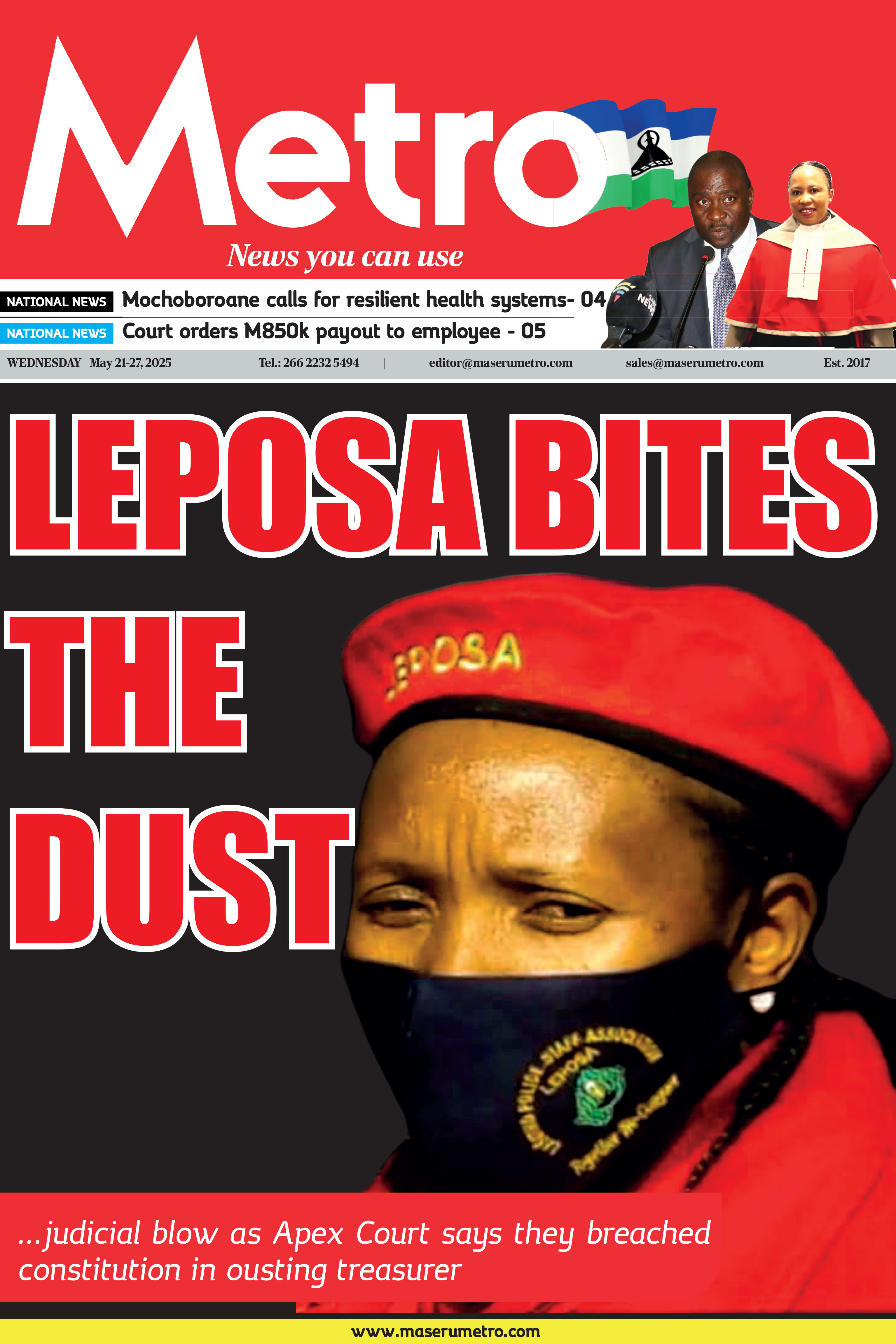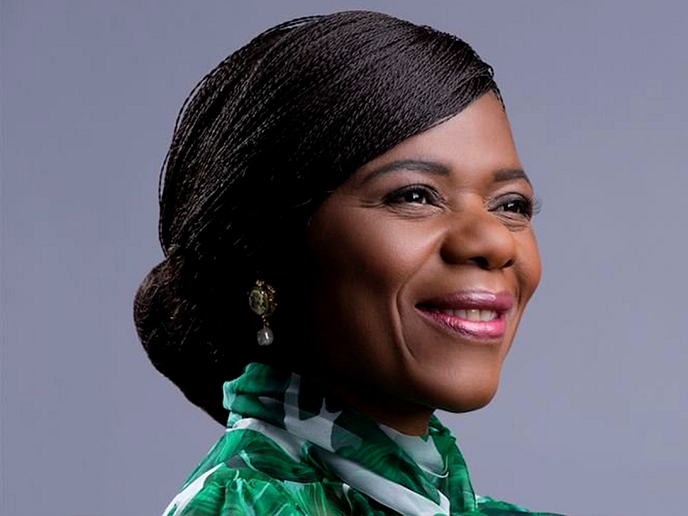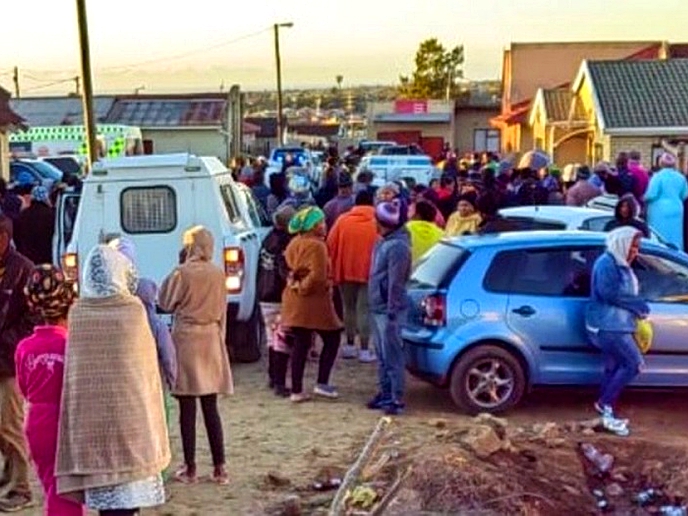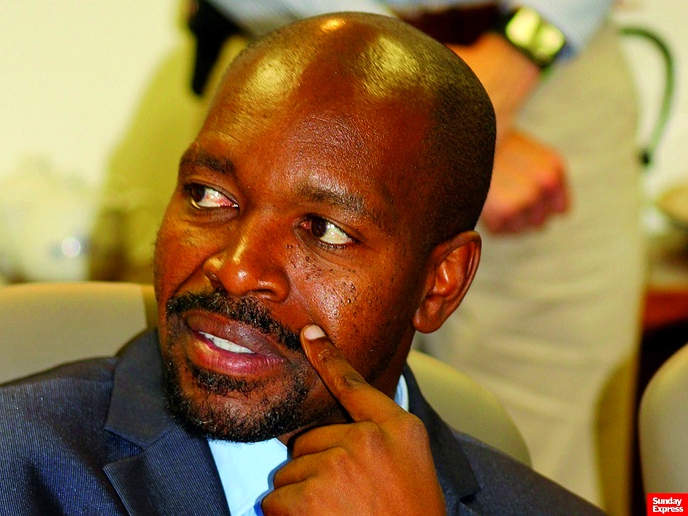WHEN the Special Investigating Unit (SIU) released its final report into corruption in the government’s COVID-19 procurement this week, its findings on former Gauteng Health MEC Dr Bandile Masuku were unequivocal.
africa
Jan. 30, 2022
OWN CORRESPONDENT
9 min read
How ANC’s disciplinary body ties itself in knots to get party comrades off the hook
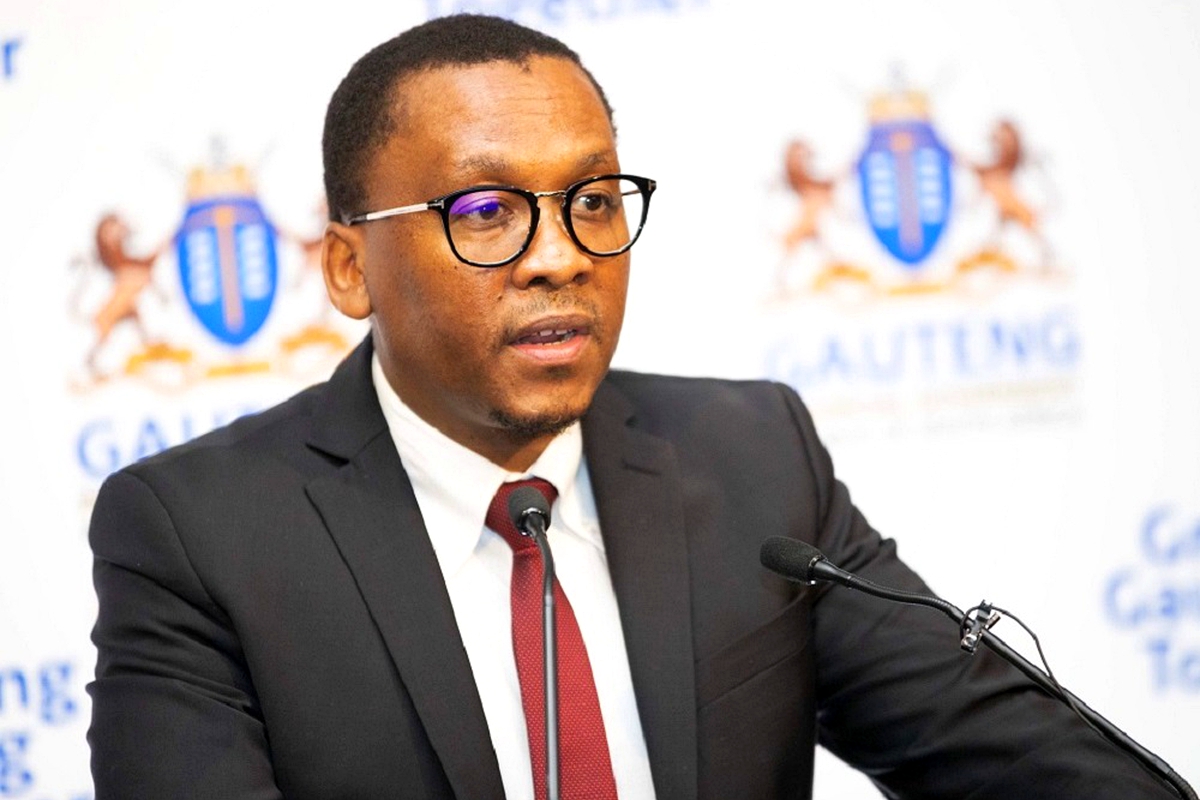
Dr Bandile Masuku
Story highlights
Masuku, the report found, “failed to fulfil his obligations to comply with the Constitution; with his general oversight responsibilities in respect of the department which contributed thereto that the department failed to comply with the prescripts of the Constitution, and his obligations in terms of the PFMA [Public Finance Management Act]”.
This has been known since September 2020, when the SIU reported these findings to the Gauteng premier and Masuku was subsequently sacked as health MEC. At the time of the controversy, Masuku was also a member of the ANC’s Gauteng Provincial Executive Committee (PEC) and faced separate charges of violating the ANC’s constitution within his own party.
For the first time, we now have access to the record of Masuku’s ANC disciplinary proceedings relating to this matter – recently released by the Zondo Commission of Inquiry into State Capture as part of documentation supporting the testimony of President Cyril Ramaphosa.
DM168 can reveal that the picture painted by this record raises serious questions about the ability and will of the ANC’s disciplinary committee to hold its members to account. This emerges when the party’s disciplinary body is already in the spotlight, amid calls for it to sanction Tourism Minister Lindiwe Sisulu for the insults she aimed at the judiciary and the South African Constitution.
Disciplinary committee minutes
As part of a bundle of documentation requested by the State Capture inquiry, ANC legal adviser Krish Naidoo sent the commission the minutes for sittings of the ANC’s national disciplinary committee between 2014 and 2021. If this is the full record of the committee during that eight-year period, it appears the body met 26 times – just fewer than four times a year – to deliberate on cases.
The matters being considered by the national committee had already been ruled on by the ANC’s provincial disciplinary committees, with the national body tasked with fulfilling a review or appeal function on the lower committee decisions. The cases the national committee heard in this period ranged from allegations of brawling by lesser known ANC members to sexual assault charges against former ANC Western Cape leader Marius Fransman and two cases related to the personal protection equipment (PPE) corruption scandal: that of Masuku and that of Ramaphosa’s former presidential spokesperson, Khusela Diko.
The minutes in general are legalistic and procedural in nature, but the record of deliberations over Masuku and Diko’s cases offer rare insight into the reasoning of the ANC’s disciplinary committee. Masuku’s case is particularly instructive because, in total, four separate entities either investigated the matter or heard evidence relating to it: the ANC’s Gauteng provincial disciplinary committee, the ANC’s national disciplinary committee, the SIU and the Gauteng High Court – after Masuku attempted to overturn the SIU’s findings in early 2021.
Although these four entities were not assessing overlapping territory – the two ANC bodies were concerned only with potential violations of the party’s constitution – the stark differences in the tone and findings of the ANC’s national disciplinary committee, when compared with the conclusions drawn by the other entities, are revealing.
Background to the Masuku saga
On 26 July 2020, the Sunday Independent newspaper ran a lead story alleging that Masuku’s close friend Thandisizwe Diko – the husband of Ramaphosa’s erstwhile spokesperson Khusela Diko – had been irregularly awarded a contract through his company Royal Bhaca to supply the government with various Covid-19 PPE items at inflated prices. The article implied that Thandisizwe Diko had been awarded the contract as a result of his close friendship with Masuku, the then Gauteng health MEC.
The allegations caused immediate uproar and were the source of intense political embarrassment to Ramaphosa because of the apparent proximity of his spokesperson to potential corruption.
The Gauteng PEC of the ANC requested its provincial disciplinary committee to investigate both Masuku and Diko. On 7 April 2021, both were found guilty by the provincial disciplinary committee of charges revolving mainly around bringing the ANC into disrepute, and both were suspended as PEC members. Both Masuku and Diko appealed the decision.
Some six months earlier, the SIU had informed the Gauteng premier of its findings that Masuku had failed in his oversight obligations. Masuku took the SIU to court to try to overturn the findings, and on 12 April 2021 the Gauteng High Court dismissed Masuku’s application.
The ANC minutes show that just over a month later, on 17 May 2021, the party’s national disciplinary committee (NDC) met to consider Masuku’s and Diko’s appeals. The committee chair then was Mildred Oliphant, and she was joined by Nathi Mthethwa, Nocawe Mafu, Boitumelo Molio and Faith Muthambi as committee members.
How the ANC disciplinary committee dealt with the case
The minutes show that the NDC resolved to hear Masuku’s and Diko’s cases together, on the grounds that the issues involved were “the same or substantially the same”. This in itself seems a strange decision. Although Masuku and Diko faced the same formal charges in terms of Rule 25.17 of the ANC constitution – “engaging in any unethical or immoral conduct which detracts from the character, values and integrity of the ANC”; and behaving in a manner that could bring the ANC into disrepute – the circumstances of the two individuals were vastly different.
Masuku was under suspicion of having – at best – failed to exercise appropriate oversight in his position as political head of the Gauteng Health Department when inflated contracts were awarded to Royal Bhaca, a company that was not authorised to deal in medical equipment. Diko had no oversight responsibilities or involvement in government or provincial health matters; she stood accused instead of having essentially demonstrated poor judgement in failing to disclose her husband’s business interests.
When it came to Masuku, the NDC concluded that even if he had failed in his oversight responsibilities this did not necessarily amount to “unethical” conduct in terms of his relationship with the ANC.
Enjoy our daily newsletter from today
Access exclusive newsletters, along with previews of new media releases.
“For a disciplinary committee to adjudicate on a charge of unethical conduct against a public representative based on how he performs his oversight responsibilities in government is, in the view of the NDC, a clear case of overreach,” the committee concluded.
Reiterating that its preoccupation is only with “organisational discipline”, the NDC also states explicitly in the minutes that the ANC disciplines members only for “acts of commission and not omission” – in other words, the ANC “does not purport to discipline a member for not doing or not saying something that he or she should or ought to have done or said”.
The source of this extraordinary notion, which appears to give ANC leaders effective carte blanche to turn a blind eye to wrongdoing, is unclear. Such a principle is not mentioned anywhere in the ANC constitution, nor in other key ANC policy documents such as the “Eye of the Needle” report.
Turning to Diko, the committee states (correctly) that there is currently no formal policy banning the family members of ANC politicians from doing business with the state. The NDC then goes further, suggesting that expecting Diko to disclose the business dealings of her spouse in the absence of a clear policy requiring her to do so would be an “unreasonable burden”.
In a particularly jaw-dropping passage, given the circumstances of the case, the NDC concludes: “Placing a responsibility on politicians to disclose the business interests of their spouses, in circumstances where there is no legal or ethical requirement to so so, could contribute to the subliminal narrative doing the rounds in some quarters that Black politicians are inherently corrupt and, once they get into public office, they will dispense patronage to their spouse and children. In other words, they are self-serving and have no interest in serving the people.”
The NDC found that there was no clear evidence that Masuku and Diko had violated the ANC constitution and declared their appeals successful. Both were accordingly reinstated as Gauteng PEC members.
What the court found
At the time of the NDC meeting, the committee members were clearly aware of both the SIU findings against Masuku in particular and the Gauteng High Court judgment against him. In fact, the minutes quote from the relevant court judgment, noting that the court found that Masuku’s “reputation as a public office bearer has been dented. In the short term his political career has clearly been truncated.”
Astonishingly, however, the context in which the court is quoted by the NDC gives the impression that the court is expressing sympathy for Masuku’s plight. This could not be further from the truth. The Gauteng High Court found that: “… Dr Masuku was neglectful in his duties … despite being in a critical leadership position. This conduct justifies an adverse inference about his lack of professionalism and lack of care in discharging his functions. His conduct shows a lack of judgment and of diligence. His version as given to the SIU was faithfully reproduced. What he is criticised for is not for lying; his ignorance was taken at face value, despite the scepticism it fully deserved, but for neglect. Prima facie, Dr Masuku’s own version is a confession of unprofessionalism and dereliction of his duties.”
The court also found that:
“As the political head of the GDoH [Gauteng Department of Health], which had taken on the frontline role of centralised PPE procurement agent for the entire provincial government, in the face of the greatest public health risk in a century, and being the co-chair of the command council of the province, and, necessarily, being aware of the perils of irregularities if appropriate controls were not in place to regulate the fraught and vulnerable process of emergency procurement, [Masuku] was so deaf and blind to these risks that he took no steps at all to lead and protect his department from stumbling into the predictable chasm.”
How the NDC could read the judgment and come to the conclusion that these scathing words alone did not constitute Masuku bringing the ANC into disrepute by association is anyone’s guess.
But for anyone expecting the ANC’s internal disciplinary machinery to act decisively in a matter like that currently involving Lindiwe Sisulu, the NDC’s historical minutes do not hold much hope. DM168
Tailored for you
